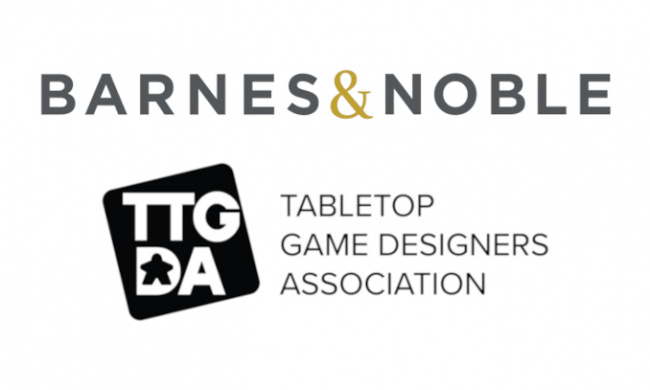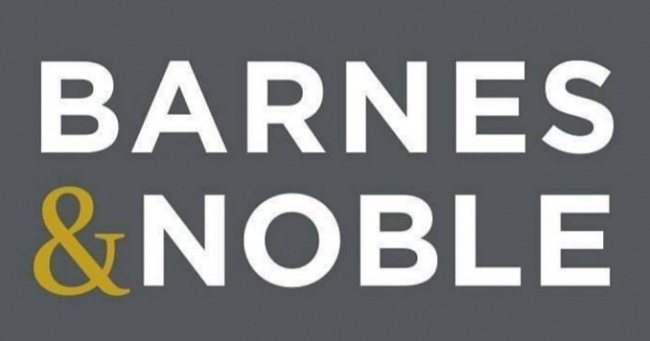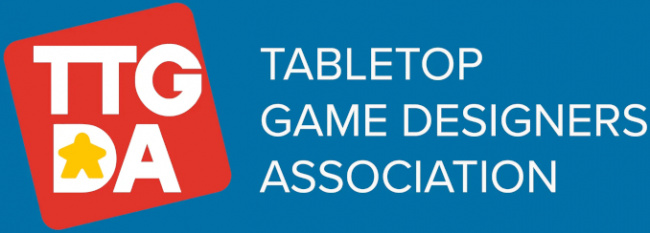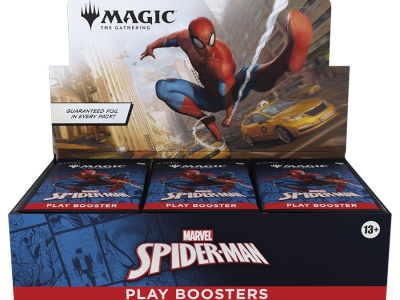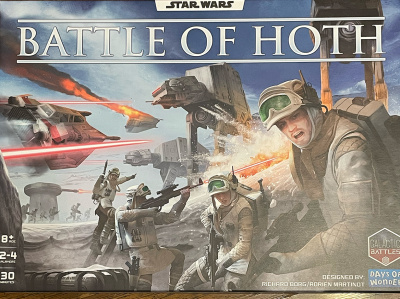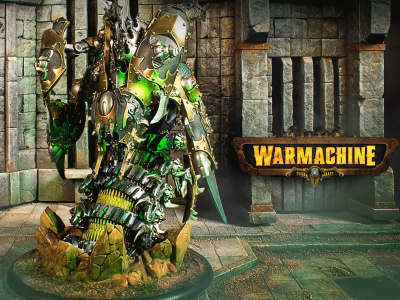TTGDA President Geoff Engelstein explained the rationale for asking that designers’ names be included. "Barnes & Noble highlights book authors and musical artists on the listings for their creative works," he said in a statement accompanying the announcement. "We believe that game designers also deserve recognition for the creativity and hard work required to bring a game to life."
Barnes & Noble Senior Merchandise Manager Sabrina Falcone added her thoughts. "Tabletop gamers are always eager to learn more about the people who create the games they love," she said. "By adding game designer credits to our listings, we are not only enhancing the shopping experience but also helping our customers connect with designers in the gaming community."
Getting major retailers to include designers in their online product listings was an initial goal announced by the new organization, which was formed earlier this year by founding members and initial board members Geoff Engelstein, Elizabeth Hargrave, and Sen-Foong Lim.
The organization’s Advisory Board includes Fertessa Allyse, Jonathan Gilmour-Long, James Lowder, Heather O’Neill, Pason Pitre, Danielle Reynolds, Tony Tran, Cole Wehrle, and Avonellle Wing.
Superstar designer and founding board member Elizabeth Hargrave noted the need for a North American organization as it was formed. "Freelance game designers in Germany have had a trade organization for over 30 years. It’s high time for us to have a similar association in North America."
The organization was founded in the spirit of "The Coaster Proclamation," a pact signed on a coaster by a group of German game designers at the Nuremberg Toy Fair in 1988, in which they agreed not to design games for companies that did not include their names on the box cover. Members of the group were the nucleus of the German designers association, formed a few years later.
Initial goals of the organization include:
- Standardize the information on royalty reports
- Have game designers listed like authors on large online retailers like Amazon
- Define terms like designer, developer, graphic designer, artist, editor, etc, for game credits
- Set an expectation of advances for all aspects of design work, including expansions and exploration
- Establish standards for non-game rights like electronic versions, merchandise, or film/TV.
- Standardize what returns to the designer when licensing rights lapse
- Connect journalists and media writing about tabletop games and game design with appropriate experts
- Work with institutions such as the Strong Museum of Play and Stanford University to preserve tabletop gaming history



